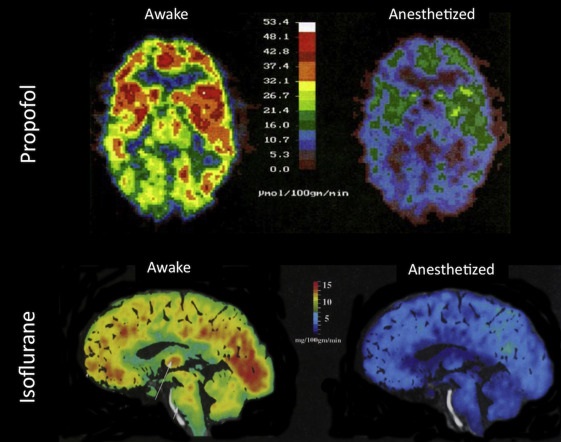Diabetes: Dopamine regulates insulin secretion through a complex of receptors
In a leap forward for diabetes research, Tokyo Tech researchers reveal that the ‘feel-good hormone,’ dopamine, regulates insulin secretion through a heteromeric complex of receptors, thereby providing new targets for antidiabetic medication and therapy. The study is the first to elucidate the mechanism behind dopamine’s down-regulation of insulin secretion. Tokio,Continuar Leyendo

















